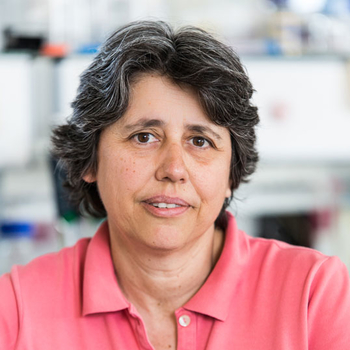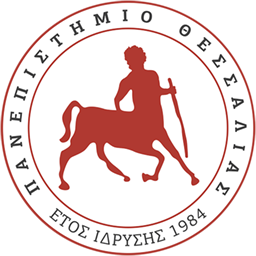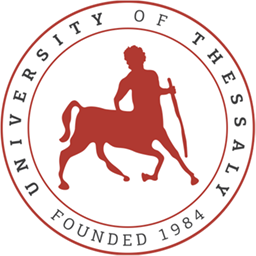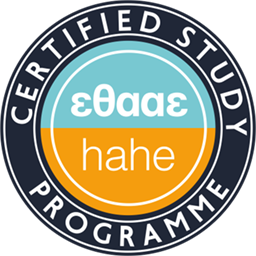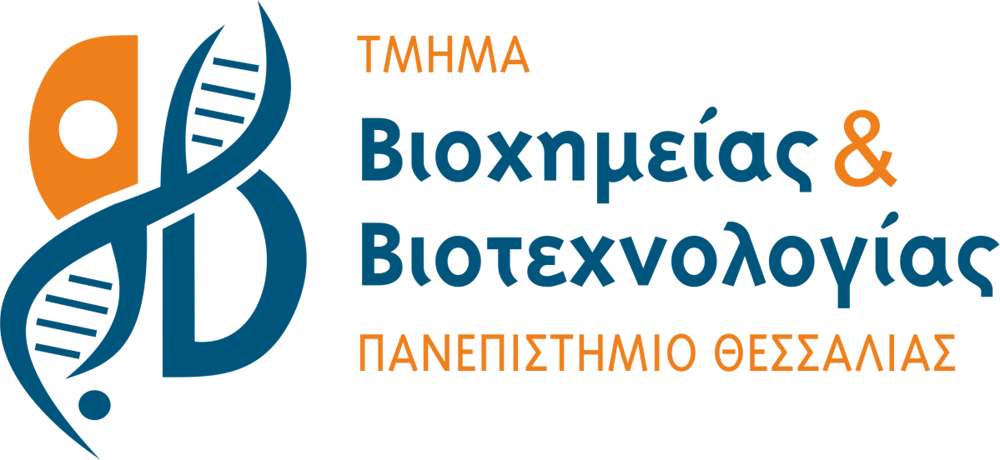Developmental Biology
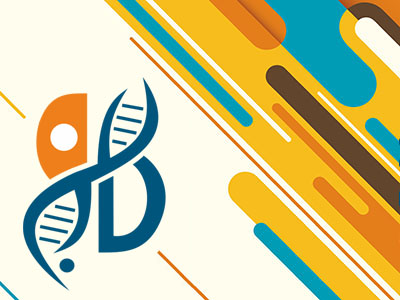
Theory: 4 hours/week | ECTS Units: 5
Content – Aim of the course
The course aims to provide the basic conceptual background of the anatomical, genetic, cellular and ecological approaches to developmental biology. It has been designed to present both the traditional anatomic approach of animal development and the new knowledge on molecular embryology and differential gene expression. In this way, the basic principles governing animal development and paradigms of animal-models are presented comparatively, together with recent information on clinical aspects and environmental regulation and disruption of development.
Analytical Description of the Course
- TECHNIQUES FOR THE STUDY OF DEVELOPMENT: Microscopy, histological methods, biochemical methods (Northern blot, RT-PCR, real time PCR, RNAse protection assay, microarrays, 2D-protein electrophoresis), immunological methods (immunoprecipitation, Western blot), in situ methods, microinjection, transgenic and knockout model organisms (zebrafish, D. melanogaster, C. elegans, mouse), mutagenesis, RNAi and gene silencing, genetic mosaics, cell-labelling methods (vital dyes, fluorescent dextrans, reporter genes), cell sorting. Fate maps.
- MODEL ORGANISMS IN DEVELOPMENTAL BIOLOGY: Xenopus, zebrafish, chick, mouse, Drosophila, Caenorhabditis elegans.
- GAMETOGENESIS-FERTILISATION: Egg and sperm structure and differentiation. Sperm capacitation. Recognition and binding of gametes. Acrosomal reaction. Fusion of egg and sperm. Block to polyspermy. Egg metabolic activation. Fusion of gamete pronuclei. Polarity.
- EARLY DEVELOPMENT OF INVERTEBRATES: Cleavage. Gastrulation. Overview of developmental program, control of dorsoventral patterning and establishment of the anteroposterior system in Drosophila. Normal development and inductive interactions in Caenorhabditis elegans.
- EARLY DEVELOPMENT OF VERTEBRATES: Cleavage, gastrulation, formation of germ layers, establishment of axes and symmetry in the zebra fish, Xenopus, the chick and the mouse.
- DEVELOPMENT OF THE NERVOUS SYSTEM: Structure and cell types of the nervous system. Synapses. Neurulation: induction and folding of neural plate, neural folds and closure of neural tube. Neural tube defects. Differentiation of the neural tube. Development of the visual system. Anteroposterior and dorsoventral patterning. The neural crest. Neural stem cells. Development of neuronal connectivity: axon guidance, guidance molecules and axon pathways.
- DEVELOPMENT OF MESODERMAL ORGANS: Somotigenesis and myogenesis. The kidney. Germ cells and gonadal development. Limb development. Heart and blood vessels.
- DEVELOPMENT OF ENDODERMAL ORGANS: Normal development. Determination of endoderm and digestive tract. Pancreas.
- Drosophila IMAGINAL DISCS: Metamorphosis. Genetic study of larval development. Disc development. Regional patterning of the wing disc.
- REGENERATION: Regeneration capacity among the animal phyla. Vertebrate limb regeneration.
- GROWTH-AGING: Biochemistry of growth rate of cell proliferation and enlargement. Allometry. Skeletogenesis. Ageing as a developmental process. Insulin signaling. Postnatal disorders of growth and differentiation.
- EVOLTUION AND DEVELOPMENT: Macroevolution. The primordial animal. Segmental body plans. Vertebrate limbs.
Assessment
The degree examination for this course consists of a theory paper during the examination periods held twice a year.
Reading Suggestions
- Principles of Development, L.Wolpert, R. Beddington, P.T. Lewrence, T.M. Jessel, 2nd edition, Oxford University Press, 2002.
- Essential Developmental Biology, J.M.W. Slack, 2nd edition, Blackwell Science, 2006.
- Analysis of Biological Development, Klaus Kalthoff, 2nd edition, McGraw Hill, 2000.
- Developmental Biology, Scott F. Gilbert, 7th edition,Sinauer Assoc., 2003.
- Gene expression at the beginning of animal development, M.L. dePamphilis, Elsevier, 2002.
Teaching Material / E-class
Lecturers
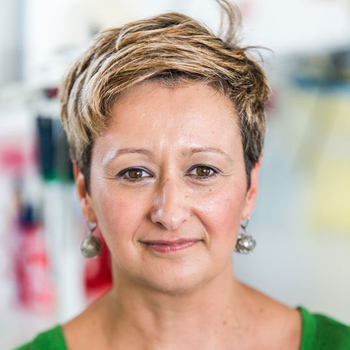
Katerina Μoutou (Course Coordinator)
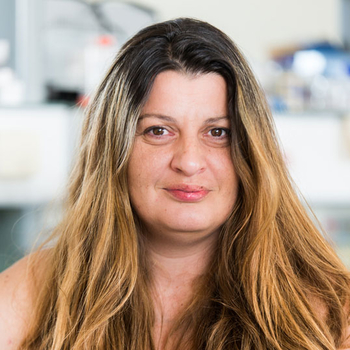
Theologia Sarafidou
